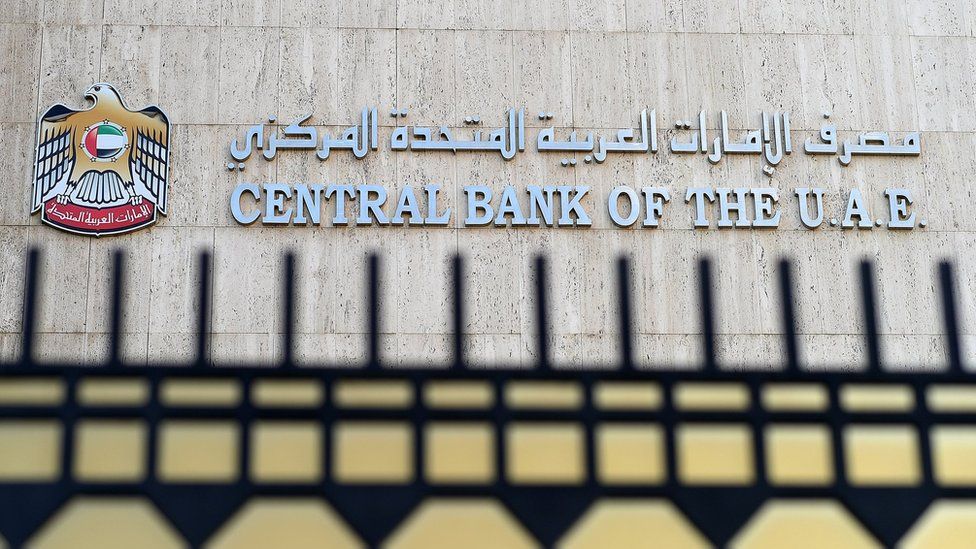
The Central Bank of the United Arab Emirates (the “CBUAE”) recently issued a new guidance for the Licensed Financial Institutions (“LFI”) on the risks relating to payments” (the “Guidance”).
The Guidance applies to all natural and legal persons which are licensed and/or supervised by the CBUAE in the following categories: national banks, branches of foreign banks, exchange houses, finance companies, stored value facilities, retail payment service providers, card schemes.
The Guidance highlights the risks related to money laundering and terrorism that emanate from all payment products and services provided directly to customers, and the services provided to other payment sector participants. It provides further recommendations to LFI as to the measures to adopt to mitigate and manage these risks.
The Guidance should be read along with the relevant regulations issued by the CBUAE to ensure compliance by LFI with the Anti-Money Laundering and Combatting Financing of Terrorism (“AML/CFT”) obligations.
The main points set out in the Guidance are summarized below:
- The key risks and transactions that require regular control and oversight include the transaction’s speed and limits, the mode of funding, peer-to-peer payments, cross-border movement, global regulatory gaps, dealing with merchants, intermediation, nesting, outsourcing and dealing with correspondent banks.
- LFI are required to develop and implement compliance programs which shall incorporate the following:
-
- An appropriate approach to identify and assess the risks related to payments, including the new and innovative payment products and services (“NPPS”), and LFI’s relationships as well as their exposure to domestic and foreign payment sector participants.
- Preventive measures that LFI should apply to mitigate and manage these risks, such as conducting due diligence (including digital and electronic due diligence in the context of NPPS) on all customers/merchants/correspondents, ongoing monitoring, imposing limits on certain dealings (such as geographical or transactional limits), collecting and transmitting data relating to international and domestic wire transfers.
- Putting in place operational systems for sanctions’ screening and transmitting data throughout the payment cycle.
- Monitoring all transactions processed or conducted through LFI for identifying and reporting suspicious transactions.
- Designing governance framework and training programs that should include clear allocation of AML/CFT responsibilities among LFI, agent governance and training, and employee training.
LFI were expected to demonstrate compliance with the requirements set in the Guidance by 01 September, 2022.
For further information, please get in touch by sending your query to [email protected]
Disclaimer: This publication is for informational purposes only and does not provide any legal advice.
